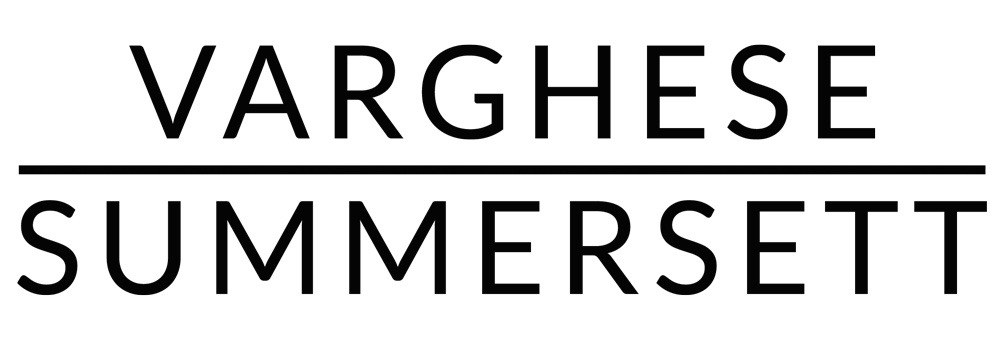Expectation of Privacy
What does Expectation of Privacy mean?
Individuals, as noted in the Fourth Amendment of the U.S. Constitution, have an expectation or privacy. More specifically, they have the right to secure their persons, houses, papers, and effects against “unreasonable searches and seizures.”
The government and its acting officials under this amendment are barred from violating a person’s expectation of privacy without first obtaining a warrant in order to search for evidence of a crime. This amendment was instituted by our Forefathers to eliminate arbitrary government intrusion into the lives of U.S. citizens and protect U.S. citizen’s expectation of privacy.
What are searches and seizures?
A search is defined as any action which violates an individual’s expectation of privacy. It can include a police officer entering a person’s residence without a warrant or invitation, a strip search without probable cause or in an unreasonable manner, electronic surveillance, or a dog-sniff inspection without a warrant.
A seizure occurs if there is a show of authority by some governmental authority such as weapons, intimidation, or handcuffs, and the individuals submits to the authority. Although a warrant need not be issued to make an arrest, if a warrantless arrest is made the police must have probable cause.
Expectation of Privacy and private individuals
Expectation of privacy as defined by the Fourth Amendment of the U.S. Constitution specifically addresses actions and violations of the government, but there are other legal issues which may concern a person’s expectation of privacy.
For instance, persons may be videotaped by other individuals in public areas where there is no expectation of privacy, but the same action in a bedroom, for instance, may be limited without the consent of the parties who are recorded.
State laws will determine what is and is not legal with regards to individual’s expectation of privacy and for actions which may compromise the seclusion of another person. Due to the variances of state laws, however, it’s important to understand that actions which are legal in one state may be illegal in another.
What are my rights?
If you have been subjected to an unlawful search and seizure from the government or if another person has violated your expectation of privacy, you have legal rights. Talk to lawyer if you have questions about how to protect your privacy.
Related Pages
Lawyers near
Term of the Day
Abuse of a child
Abuse is any act against a child which results in death, serious physical or emotional harm, or sexual abuse.
Category: Adoption







